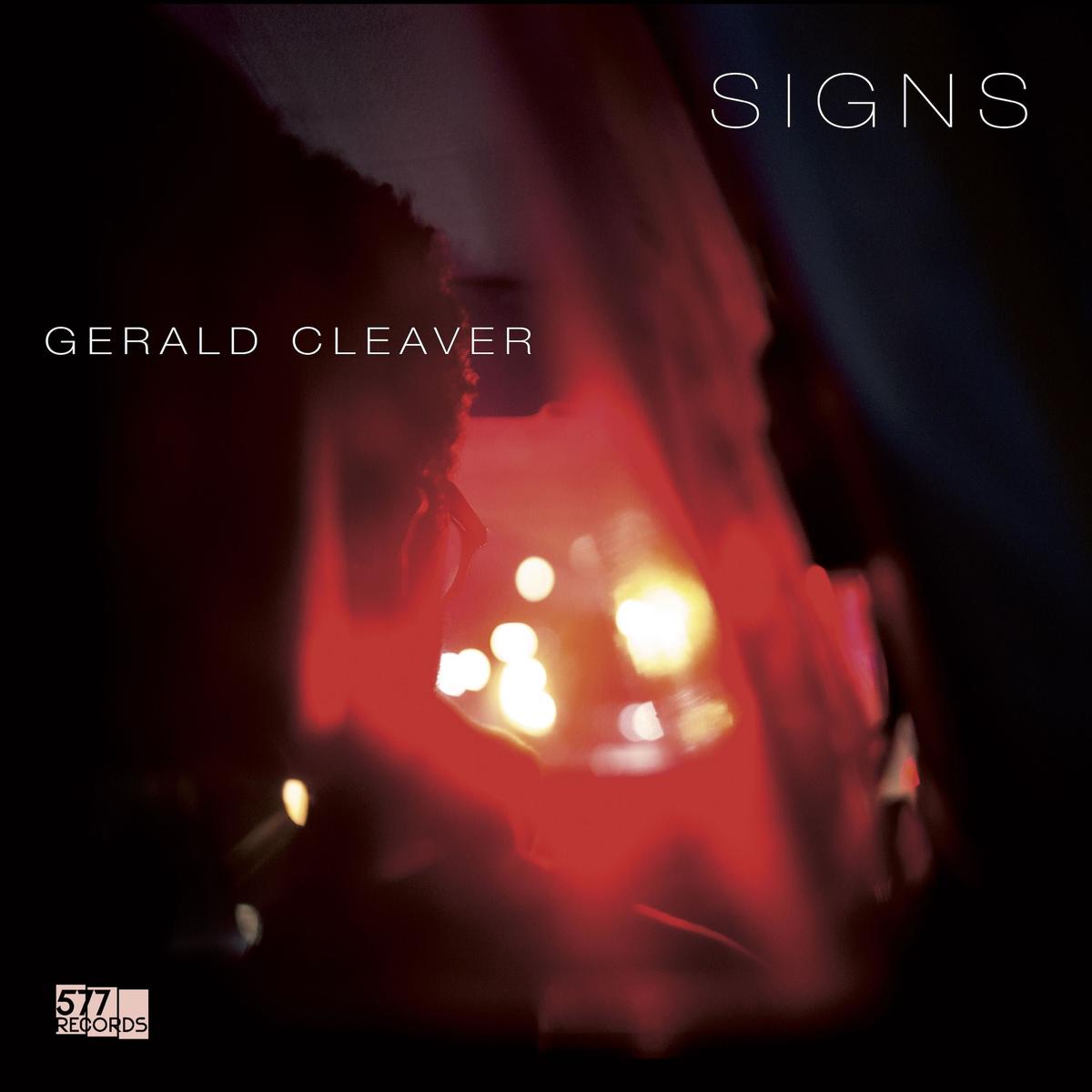Along with the latest magical hookup by Béla Fleck and Toumani Diabaté.
The rounded, burnished glow in Chris Dingman’s music probably has a lot to do with his natural disposition, but it’s also a matter of careful design. Embrace, his first proper album in five years, brings that luminosity to the fore, with Dingman’s vibraphone supported by an adaptable rhythm team of Linda May Han Oh on bass and Tim Keiper on drums.
That lean-and-limber trio format, and the focus on concision, suggest a sort of contrast to Dingman’s ambitiously scaled previous release, The Subliminal and the Sublime. But this album, like that one, draws from an enlightened range of sources — including the West African kora music that flickers throughout Goddess,” which Dingman has released as a single.
“Hijinks and Wizardry,” which premieres here, more directly recalls a post-bop precursor like Bobby Hutcherson. Dingman was inspired to write it by a pair of his music students, both in elementary school at the time. (One of them has the frisky energy that inspired the main melodic line; the other was deep into the world of Harry Potter, which informed the B section.)
“I was thinking about a child-like sorcery,” says Dingman, “that music fits into so nicely.”
Kat Edmonson, “What a Wonderful World”
Dreamers Do, a twinkly new album by Kat Edmonson, derives its title from a passing phrase in “When You Wish Upon a Star.” That’s a clue to the concept of the album, which mainly reimagines songs from the Disney catalog.
But there are exceptions to that rule — like “What a Wonderful World,” which Louis Armstrong released in 1967, and which had its best-known cinematic use two decades later in Good Morning, Vietnam. In her video for the song, which has its premiere here, Edmonson plays with notions of perception, either peering through a camera viewfinder or directly at the viewer, into the lens.
Dreamers Do is out now on Spinerette Records; order here. Kat Edmonson performs on Tuesday at Yoshi’s Oakland; on Wednesday in Palo Alto, Calif.; on Thursday at The Palms Playhouse in Winters, Calif.; and on Friday at Largo at the Coronet in Los Angeles. She’ll be at The Birdland Theater in New York from April 2-4.
Dave Douglas, “Climate Strike”
Trumpeter and composer Dave Douglas has a history of progressive activism, which he has ramped up for our troubled age. Marching Music, a new offering through Greenleaf Music’s subscription series, builds on the same intention as ENGAGE (2019) and UPLIFT (2018), which are both worth seeking out. This album puts Douglas in dialogue with several staunchly creative partners: guitarist Rafiq Bhatia, bassist Melvin Gibbs and drummer Sim Cain.
On “Climate Strike” — a nod to the series of global actions organized last fall — they attack a sinuous groove with full fervor. “I conceived of these pieces as music you could have in your headphones when you attend Climate Marches, Demonstrations for Equal Rights, Voting Rights Movements, and all other actions towards a just society,” Douglas writes in a note accompanying the album. At the same time, this music feels soulful and affirmative; check out the killer groove beneath Bhatia’s incisive solo, which begins just before the three-minute mark.
Gerald Cleaver, “Jackie’s Smiles”
Just a few months ago, Gerald Cleaver released Live at Firehouse 12, a driving hard-bop outing with the all-star band he calls Violet Hour. A righteous reminder of Cleaver’s foundation as a swinging jazz drummer, it fall a good distance on the style spectrum from Signs — an album due out March 27 on 577 Records, and his first public foray into solo electronic music.
“Jackie’s Smiles,” the opening track, opens with a bloom of ambient overtones before Cleaver brings in the beat — or rather, the beats, in a polyrhythmic lattice of rhythm. There’s an analog-synth dimension in the sound, along with some 8-bit retro timbres, and a spirit of experimentation that runs true throughout Cleaver’s career. It’s also worth noting that as a Detroit native, he has deep insight on the exploratory origins of techno. So while it may sound like a departure, this new music also marks a kind of return.
Béla Fleck and Toumani Diabaté, “Kauonding Sissoko”
The Ripple Effect is an apt title for the forthcoming album by Béla Fleck and Toumani Diabaté, due out on March 27. In addition to a summit of two matchless virtuosos — Fleck on banjo, Diabaté on kora — it’s a byproduct of the tour that followed Throw Down Your Heart, Fleck’s 2009 exploration of the banjo’s African roots.
“Kauonding Sissoko” is a song in honor of Baaba Maal’s kora accompanist, who died in 2003; if it sounds familiar, you may recall it as a transfixing highlight of Diabaté’s 2008 solo album The Mandé Variations. There’s a relaxed camaraderie in this duo version, along with an irresistible spirit of play: see Fleck’s citation of “Oh! Susanna” at 1:40, and the way Diabaté gamely picks up the thread. It takes genuine mastery to sound this carefree.








More Stories
CD review: George Benson – Dreams Do Come True: When George Benson Meets Robert Farnon – 2024: Video, CD cover
The band was tight as ever. The Warren Haynes Band cuts loose: Video, Photos
Interview with Alvin Queen: Feeling Good – I heard these tunes played by … Video, new CD cover, Photos